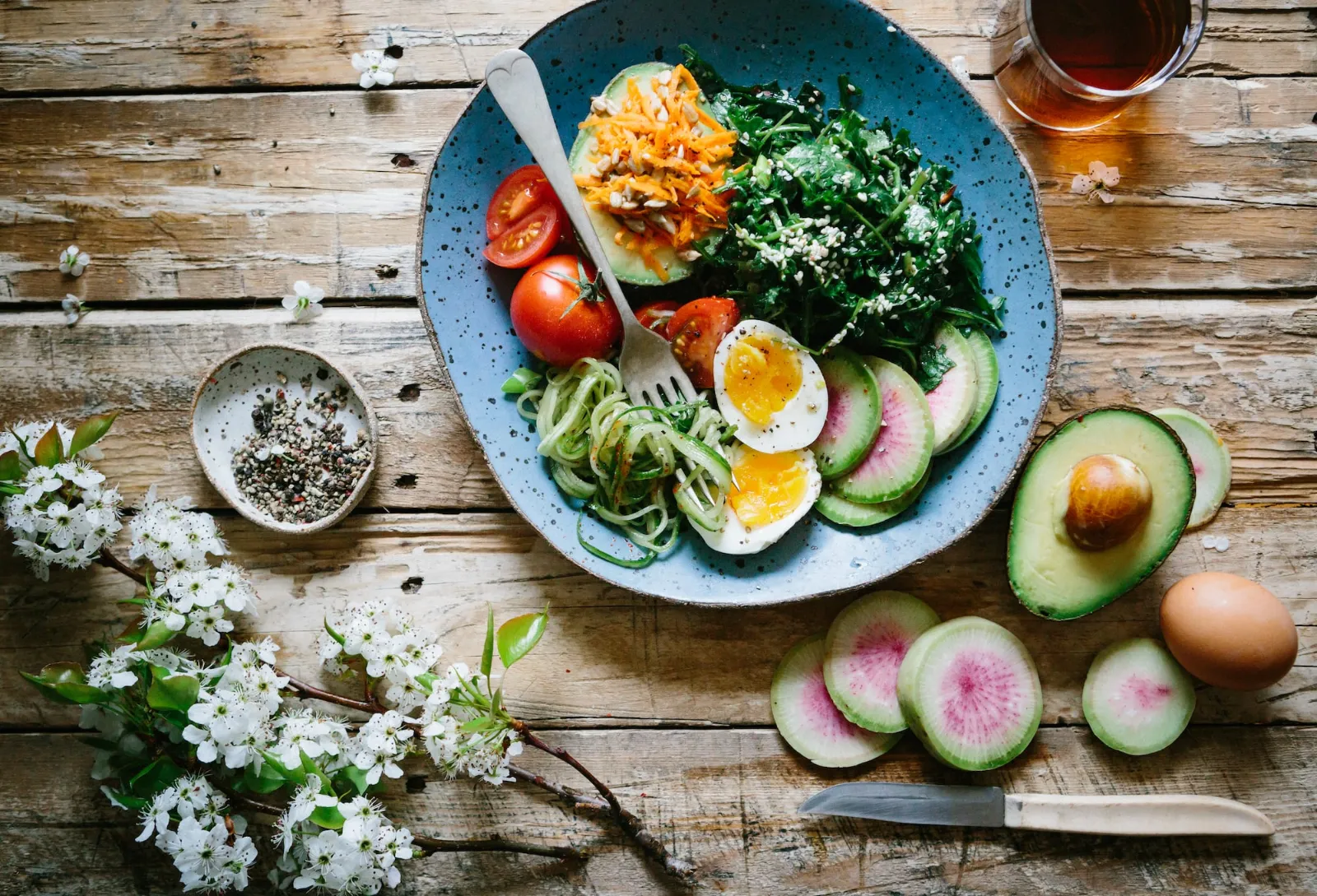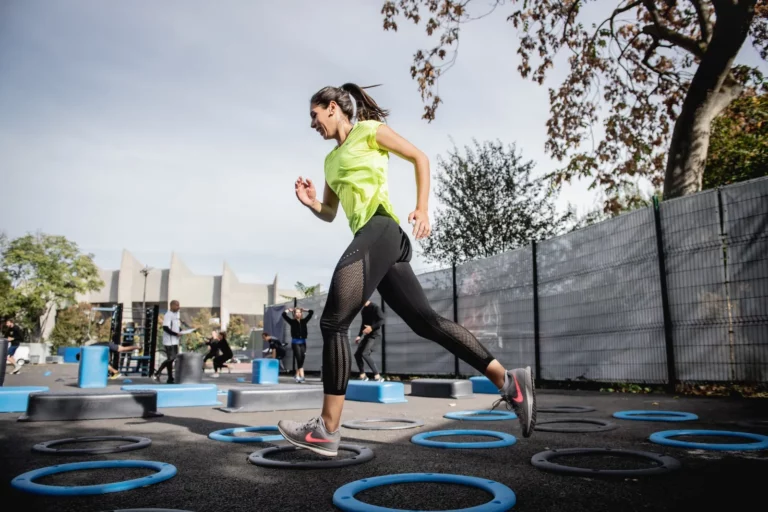Let’s talk about the cycle of overeating.
Why does it happen and what can we do about it?
Have you ever gotten to the afternoon and sought out all the snacks? Maybe you’ve tucked into a packet of crisps, some cheese and crackers? Or maybe come dinner time, often your eyes are too big for your belly and you end up feeling stuffed.
YOU’RE NOT ALONE! For many women, the struggle with overeating or portion sizes is frustrating and can lead to a whole series of self chastisement, guilt and shame, particularly if you’re trying to watch your waistline or lose a few kilos.
What do we do then? We punish ourselves by restricting our food intake further. We commit to being ‘really good’ the following day. Until the wheels fall off and it happens again…
HOW TO BREAK THE CYCLE OF OVEREATING
So how do we do it? Is it even possible? Is it a lack of willpower or is there something else?
Well I’m here to tell you that it’s not that you’re weak and can’t resist, it’s that YOU’RE JUST NOT EATING ENOUGH IN THE FIRST PLACE!
Let’s say you want to lose weight or tone up. What’s the first thing women tend to do? Go on a diet; cut out XYZ; skip meals or take on intermittent fasting – essentially, drastically reducing their calorie intake.
The problem with calorie restriction however, is that you might not be getting your daily nutritional requirements and that’s leaving you ravenous later on in the day.
What happens when you skip breakfast, don’t get enough protein or under eat during the day…..
- You deprive your body of the fuel it needs, you’re setting yourself up for a metabolic and physiological response that triggers overeating later on. This can lead to cravings, a drop in blood sugar levels, and a feeling of deprivation, all of which contribute to overeating.
What happens when you try stick to a 1200-calorie diet (an absolute myth when it comes to losing weight!)….
- This approach can often be counterproductive. While it may create an initial calorie deficit, prolonged calorie restriction can slow down your metabolism and trigger feelings of extreme hunger, making it difficult to sustain in the long run. Additionally, focusing solely on calorie quantity overlooks the importance of nutrient quality, which is vital for overall health and satiety.
NEVER OVER EAT AGAIN – HERE’S HOW
The Importance of Balanced Meals:
To avoid the under eating-overeating cycle and promote weight loss effectively, it’s crucial to prioritize balanced meals that provide adequate calories, protein, and carbohydrates. Here are three strategies to consider:
- Start with a Nutrient-Rich Breakfast: Skipping breakfast or having a light, insufficient meal can set the stage for overeating later in the day. Aim for a breakfast that includes a combination of protein, healthy fats, and complex carbohydrates. Examples include a vegetable omelet with whole grain toast, Greek yogurt with fruits and nuts, or oatmeal topped with berries and almond butter.
- Plan Satisfying Lunches: Ensure your lunch includes a good balance of lean protein, whole grains, healthy fats, and plenty of vegetables. Incorporate sources like grilled chicken, quinoa, avocado, and leafy greens into your meals. This balanced approach will help keep you satisfied and prevent energy dips throughout the day.
- Smart Snacking: If you find yourself feeling hungry between meals, opt for nutritious snacks that provide a combination of protein, fiber, and healthy fats. Examples include a handful of nuts, a piece of fruit with nut butter, or Greek yogurt with granola. These snacks will keep you satiated and help avoid overeating during later meals.
When it comes to avoiding overeating, the key lies in stopping under eating. Restricting calories too severely and skipping meals can lead to a vicious cycle of overeating later in the day. Instead, focus on balanced meals that provide adequate calories, protein, and carbohydrates to keep you energized, satisfied, and on track with your weight loss goals.
Remember, weight loss is a journey that requires nourishing your body properly, and sometimes eating more can actually help you lose weight in a healthier and more sustainable way.







